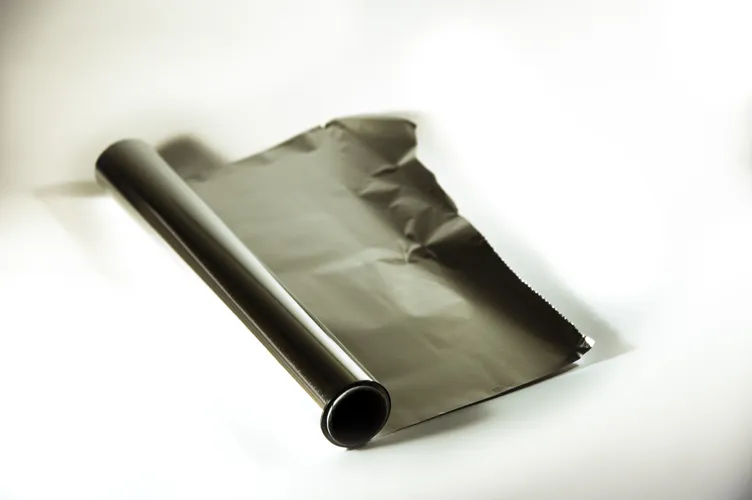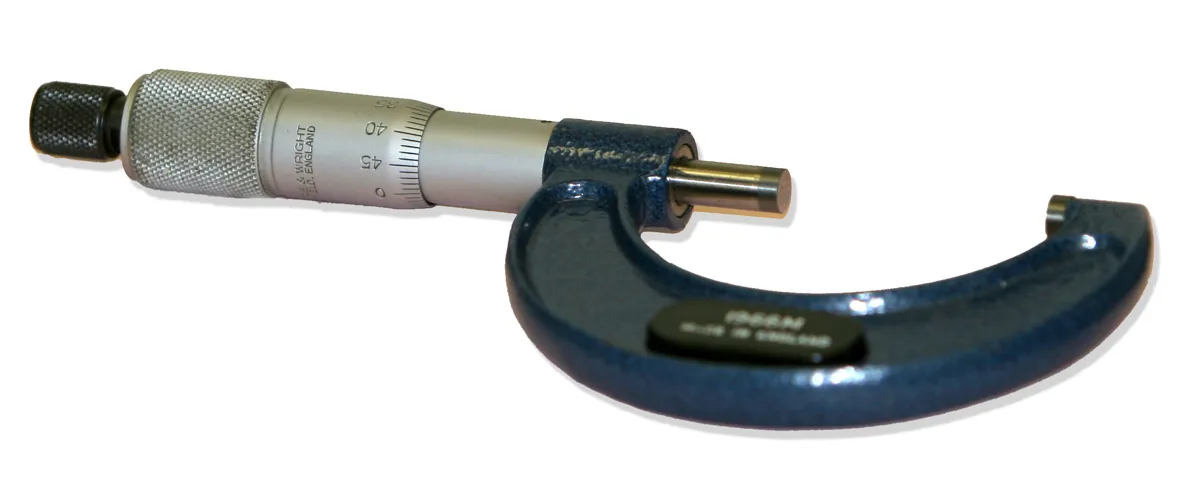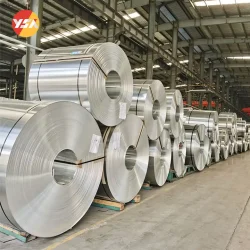This topic explores the relationship between aluminum foil thickness and its impact on food preservation and cooking. Aluminum foil is a commonly used material in the kitchen for various purposes, including food preservation and cooking. One important aspect to consider when using aluminum foil is its thickness. The thickness of aluminum foil can influence its effectiveness in preserving food freshness and its performance during cooking processes.
Appropriate Aluminum Foil Thickness
Determining the appropriate aluminum foil thickness for a specific cooking task involves considering several factors.

- Cooking Method
Different cooking methods have varying heat requirements. For tasks that involve high heat and longer cooking times, such as grilling or roasting, thicker foil (e.g., 18 or 20 gauge) is preferable as it provides better heat retention and durability. Thinner foil (e.g., 25 or 30 gauge) is suitable for tasks that require shorter cooking times or more delicate heat, such as steaming or covering dishes during baking.
- Food Type and Size
Consider the type and size of the food you’re cooking. Thicker foil is recommended for larger or denser food items that require longer cooking times, as it helps maintain consistent heat throughout. Thinner foil may be suitable for smaller or more delicate food items that cook quickly.
- Wrapping or Covering
If you’re using aluminum foil to wrap or cover food, thicker foil offers better protection and insulation. It helps retain moisture, flavors, and heat. Thinner foil is more flexible and easier to fold, making it suitable for tasks that require shaping or molding the foil around the food.
- Personal Preference
Your personal preferences and cooking style can also influence the foil thickness you choose. Experimentation and experience can help you determine the thickness that works best for you in different cooking scenarios.
- Manufacturer Recommendations
Check the recommendations provided by the aluminum foil manufacturer. Some manufacturers may indicate the recommended thickness for specific cooking tasks on the packaging or their website.
When selecting the appropriate thickness of aluminum foil for a particular cooking task, it’s important to consider the specific cooking requirements, heat retention needs, and practical aspects like flexibility and ease of use
What is Gauge?

In the specific case of aluminum foil, the gauge measurement refers to the aluminum foil thickness. Here’s a breakdown of the gauge measurement and its corresponding thickness for aluminum foil:
7-gauge aluminum foil: Approximately 200 μm or 0.2 millimeters thick.
20-gauge aluminum foil: Approximately 25 μm or 0.025 millimeters thick.
30-gauge aluminum foil: Approximately 8 μm or 0.008 millimeters thick.
How is Aluminum Foil Thickness Affects Its Flexibility and Strength?
The aluminum foil thickness plays a significant role in its ability to retain heat during cooking. Thicker foil generally has better heat retention properties compared to thinner foil.

- Thermal conductivity
Thicker aluminum foil typically has lower thermal conductivity. Thermal conductivity refers to the material’s ability to conduct heat. Thicker foil inhibits the transfer of heat from the food to the surroundings, allowing it to retain more heat within the cooking environment.
- Insulation
Thicker foil provides better insulation. It acts as a barrier between the food and the external environment, reducing heat loss. This insulation effect helps in maintaining a consistent cooking temperature and prevents rapid cooling of the food.
- Heat distribution
Thicker foil can distribute heat more evenly. When used as a wrapping or covering for food, thicker foil can help distribute heat more uniformly across the food item, ensuring even cooking and minimizing hot spots.
- Protection against radiant heat
Thicker foil offers increased protection against radiant heat. Radiant heat is the heat transferred through direct contact with a heat source, such as an oven or grill. Thicker foil acts as a shield, reducing the direct exposure of the food to the heat source and preventing excessive heat transfer.
While thicker foil generally provides better heat retention, there is a practical limit to its thickness. Excessively thick foil may be less flexible and may not conform well to the food or cooking vessel, potentially affecting the cooking process. Therefore, it’s essential to strike a balance between thickness, flexibility, and the specific cooking requirements for optimal heat retention.

